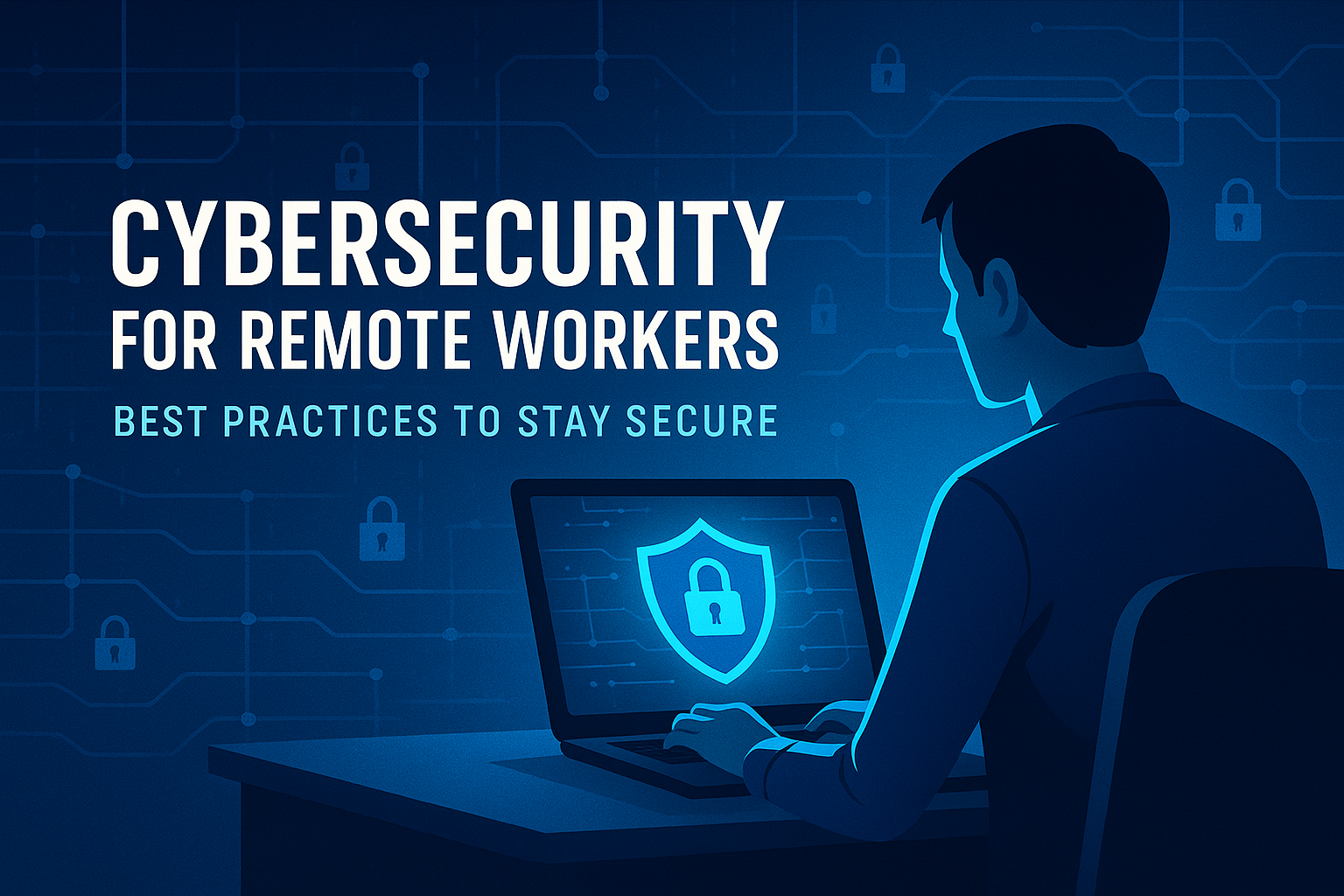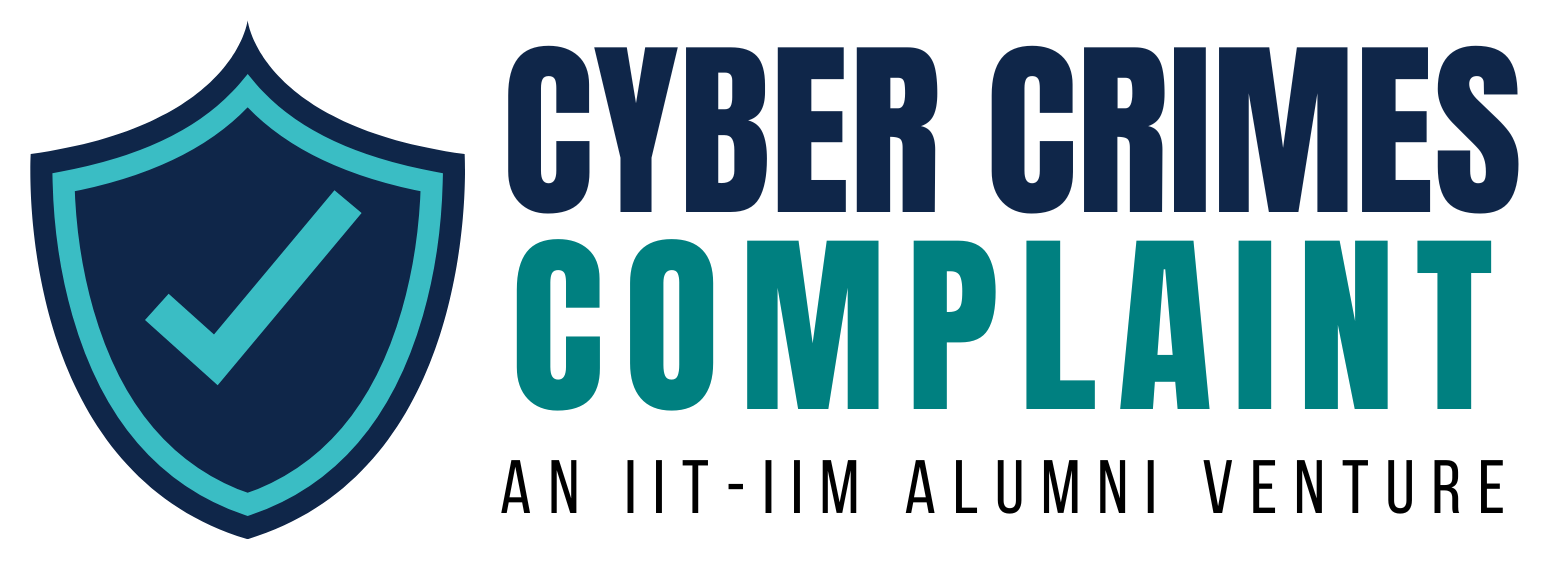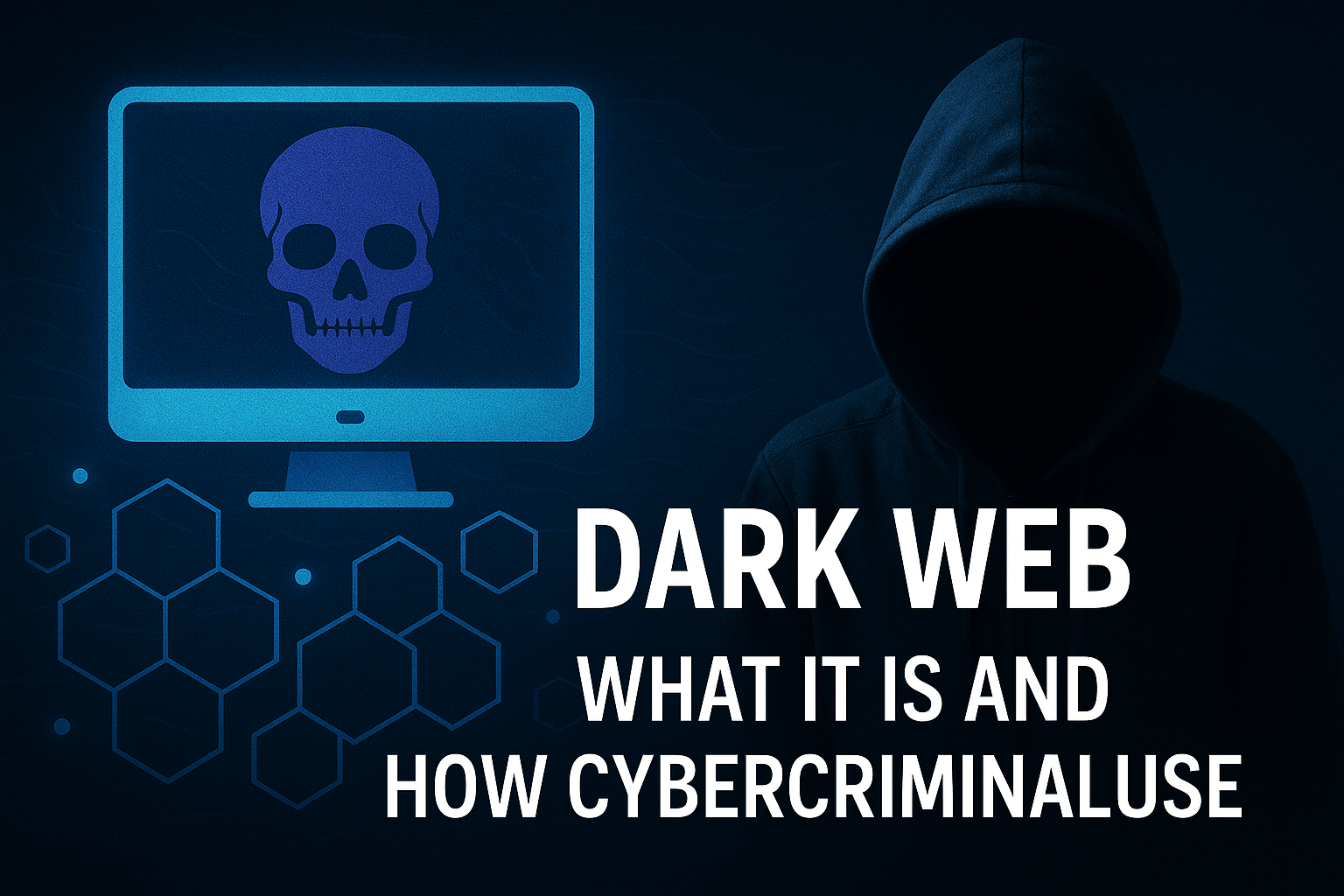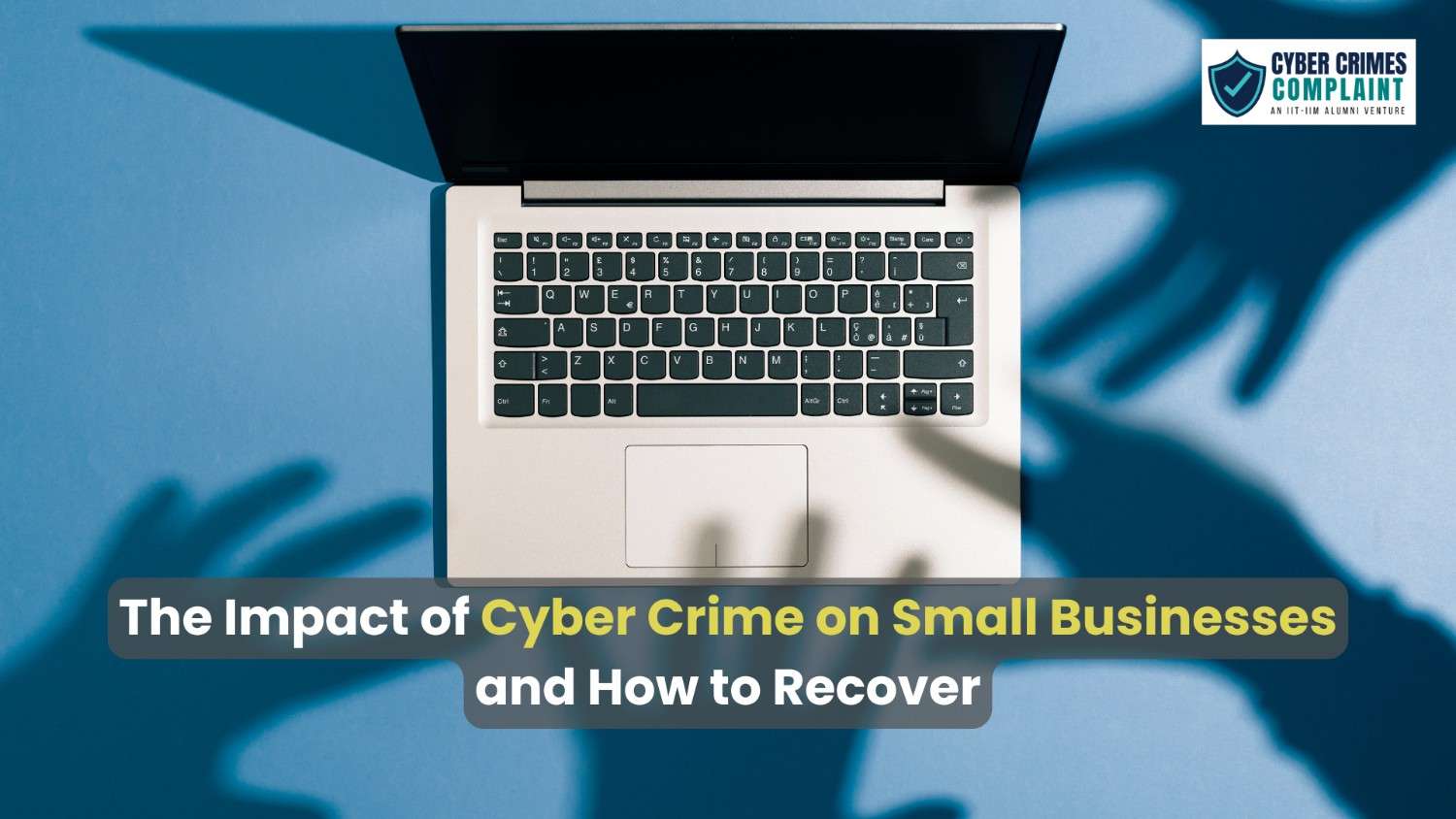· Cybersecurity · 3 min read
Cybersecurity for Remote Workers: Best Practices to Stay Secure in 2025
Learn essential cybersecurity best practices for remote workers to stay protected from online threats, data breaches, and cyber attacks while working from home or remotely.

Cybersecurity for Remote Workers: Best Practices to Stay Secure
The shift to remote work has unlocked convenience and flexibility for professionals and businesses alike. But as a lawyer who regularly handles cases of cyber fraud and digital crime, I can tell you this: the virtual workplace has also opened the door to a rising number of cyber threats. Whether you work from home occasionally or operate fully remotely, you must take proactive steps to stay secure online.
Here’s what every remote worker and employer should know.
Top Cybersecurity Risks Faced by Remote Workers
Phishing Attacks
Remote workers often rely heavily on email and messaging platforms. Cybercriminals exploit this with phishing scams — fraudulent messages designed to trick you into revealing passwords or downloading malware. If you’ve already been a victim, our Phishing Scams Service can guide you on what to do next.
Unsecured Wi-Fi Networks
Many people use public or home Wi-Fi without proper security configurations. Hackers can easily intercept data transferred over unprotected networks, putting sensitive company and personal information at risk.
Weak Password Practices
Reusing passwords or relying on simple combinations like “123456” can make it easier for cybercriminals to gain unauthorized access. This may lead to serious breaches such as hacking and unauthorized access.
Infected Devices and Malware
Personal laptops and smartphones often lack enterprise-level protections. This makes them vulnerable to malicious software. For assistance dealing with digital infections, our Malware and Ransomware Service provides support.
Financial Fraud
Cybercriminals often target remote professionals with scams aimed at accessing sensitive financial data. Whether it’s a compromised bank login or unauthorized use of your credit card, these are not uncommon cases in our Credit Card Fraud and Bank Account Fraud practice areas.
Legal and Practical Advice to Stay Secure
As a legal professional, I always advise clients to treat cybersecurity with the same importance as physical security. Here are essential best practices:
Use a VPN: Always connect to the internet using a secure, encrypted Virtual Private Network (VPN), especially on public Wi-Fi.
Enable Multi-Factor Authentication (MFA): It adds an extra layer of protection even if your password gets compromised.
Avoid Using Personal Devices for Work: Keep work and personal devices separate to limit exposure.
Update Software Regularly: Install software and security updates as soon as they are available.
Recognize Red Flags: Be skeptical of emails that create urgency, ask for credentials, or contain unfamiliar links.
Back Up Data Frequently: Use cloud-based or external storage solutions to keep important documents safe.
Report Incidents Promptly: If you suspect a breach, consult with a cybercrime specialist immediately. You can report a cyber crime through our portal for timely legal and technical support.
Conclusion
Remote work is here to stay and so are the cyber risks that come with it. But with the right knowledge, tools, and support, you can safeguard your digital workspace. At Cyber Crimes Complaint, we help individuals and businesses respond to and recover from online threats.
If you’re facing a cybersecurity issue, don’t wait until it escalates. Reach out today because in the digital world, every second counts.



.C7VXx9PM.jpeg)